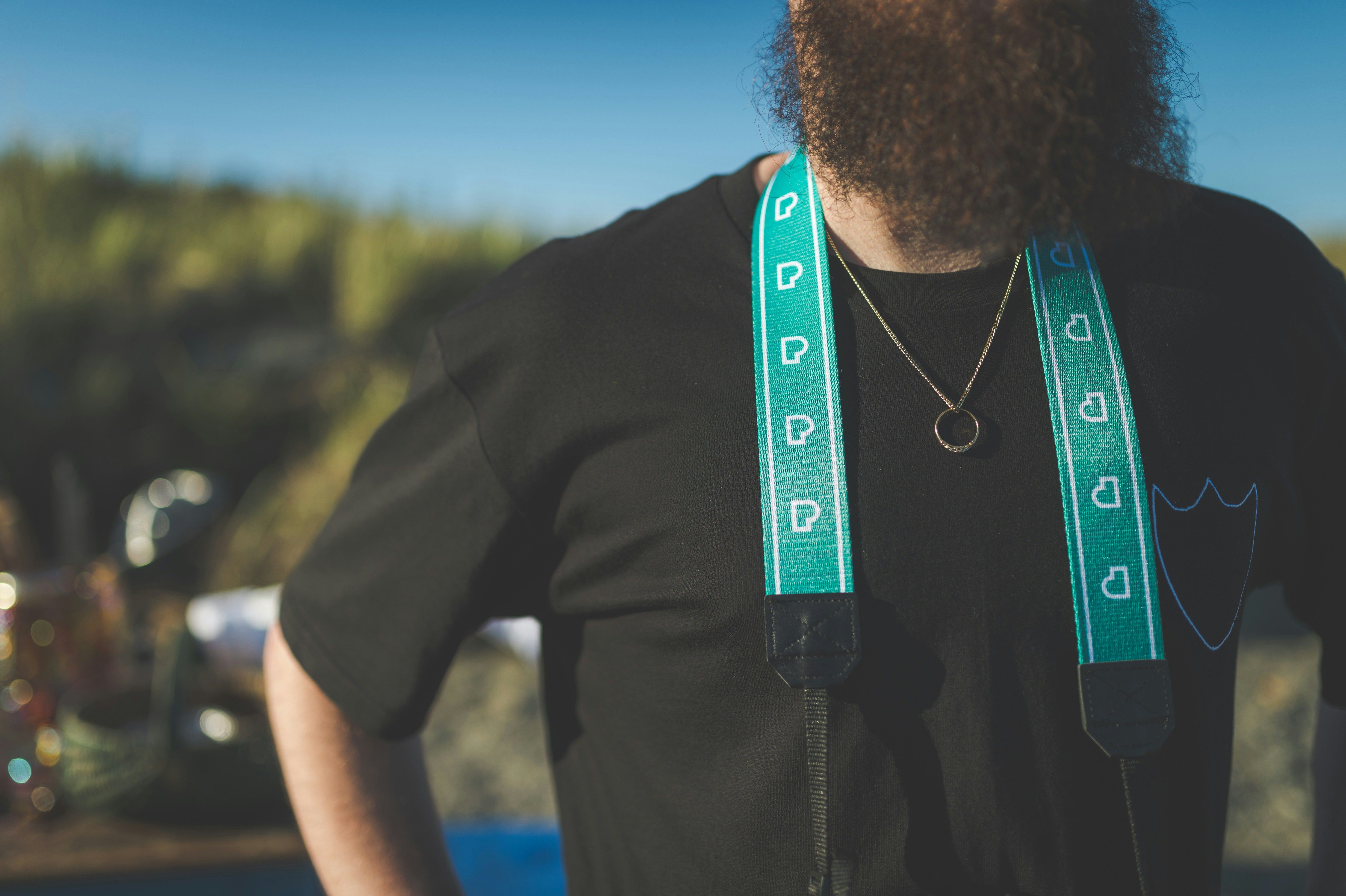Unlock the Secret to Flawless Skin with L'Oreal's Cell BioPrint: Ditch the Guesswork in Skincare
Ditch the uncertainty in skin care with L'Oréal Group's introduction of L'Oréal Cell BioPrint, debuting at CES 2025 in Las Vegas. Say goodbye to overpriced treatments that take forever to show results and may not even work. L'Oréal researchers discovered that 90% of consumers share this frustration.
L'Oréal teamed up with Korean startup NanoEntek to introduce Cell BioPrint, a game-changer in skin care. Its microfluidic lab-on-a-chip technology analyzes your skin's biological markers to determine the optimal ingredients for your unique skin type. NanoEntek's partnership with L'Oréal resulted in hundreds of patents.
The personalized skin assessment takes only 5 minutes at your local beauty counter. By identifying unique biomarkers in your skin, this technology, developed by NanoEntek, can indicate key components of healthy-looking skin and longevity. It can determine L'Oréal's groundbreaking biomarkers in just five minutes.
"There's a biological marker that tells you whether retinol will work on your skin or not," explained Guive Balooch, L'Oréal Global Head of Research and Innovation's Tech Incubator. "People use it for 10 years and figure out they've just been guessing. It will measure the skin cells' responsiveness. In one minute, it will tell you the level of controlling your skin condition in the future. It will also tell you if you'll be responsive or unresponsive to certain ingredients, creating a protocol."
"There are so many choices," Balooch remarked, alluding to treatment products. "All the advice given today is based on measurements. I'm excited about the product we're unveiling. Last year, we launched Airlight Pro and Colorsonic. This year, we're unveiling a product for the skin. It's the number one tension consumers feel. People want to reach a new level of artistry."

L'Oréal's innovative Longevity Integrative Science develops mechanisms in the human body that affect skin aging and appearance. It can explain how fast your skin is aging and reveal your skin's biological age, providing advice on how to slow it down. It can also tell if certain active ingredients will be effective.
Cell BioPrint marks a shift from reactive to proactive skincare. "At L'Oréal, we're always looking towards the future with our long-standing beauty expertise," said Barbara Lavernos, deputy CEO in charge of Research, Innovation and Technology at L'Oréal Groupe. "With skin being the largest organ and a key part of people's well-being, we're thrilled to unveil L'Oréal Cell BioPrint, an exclusive lab-on-a-chip technology coupled with our century-long skin science leadership."
The global skincare market is projected to reach $125 billion by 2024, driven by consumers seeking more information about their skin[3]. According to L'Oréal, a U.S. survey of 2,000 skincare users found that 80% rely on trial and error to discover what works for them, with the average person trying seven cleansers before finding one they love[3].
Cell BioPrint is user-friendly. Apply a facial tape strip to your cheek, place it in buffer solution, load the solution into the BioPrint cartridge, then insert it into the machine for analysis. The Skin Connect device takes photographs of your face and administers a short questionnaire about skin concerns while it processes the sample. Cell BioPrint plans to pilot with a L'Oréal brand in Asia late 2025, overseen by L'Oréal's team of more than 4,000 scientists.

L'Oréal introduced HAPTA at CES 2023, a product that collaborated with L'Oréal's prestige Lancôme brand. This technology allows people with disabilities, such as cerebral palsy, strokes, or tremors, to apply makeup evenly and accurately. The technology optimized Liftware technology to serve as an applicator for lipstick and makeup products.
"It's a beautiful product," Balooch said. "It uses the core technology of Liftware, but it's been optimized for use as an applicator of lipstick and makeup products. Someone with cerebral palsy, someone who has a tremor, or someone who had a stroke can now apply the makeup products they always dreamed of applying, thanks to the system's technology."
"More and more when we go to CES, we look for beauty solutions, not tech solutions," Balooch concluded. "We want to understand each client's individual skin. The only way is to work with them individually. We'll unveil the new device at CES and launch it early this year. We'll choose one of our luxury brands to work with, and then we'll cascade it to the others." [1][2][3][4]
Source 1Source 2Source 3Source 4
- L'Oreal's Cell BioPrint, a collaboration with Korean startup NanoEntek, utilizes microfluidic lab-on-a-chip technology to analyze skin's biomarkers, providing personalized skincare products.
- The innovation in skincare products by L'Oreal, such as Cell BioPrint, is driven by their Longevity Integrative Science, which studies mechanisms affecting skin aging and appearance.
- The new treatment products introduced by L'Oreal, like Cell BioPrint, rely on biomarkers to determine the effectiveness of ingredients like retinol on different skin types, moving away from guesswork in skincare.
- Following the success of previous innovations like Airlight Pro and Colorsonic, L'Oreal's new skincare product, Cell BioPrint, aims to address the top consumer tension: reaching a new level of artistry in skincare.
- With the advancement of technology in skincare, L'Oreal's Cell BioPrint paves the way for proactive skincare, shifting focus from reactive treatments to predictive and personalized solutions for the skin.








